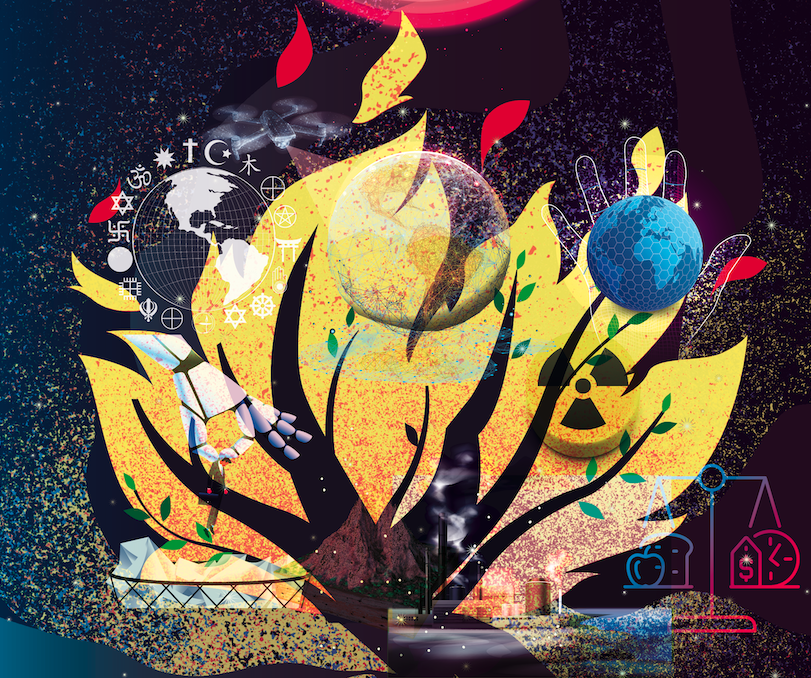
Doomsday
We are living in strange times. Technological advances are exploding at an alarming rate. Yet the fate of humanity has not improved for most of the increasingly growing population.
Shifts are occurring at all levels. Yesterday’s superpowers (especially the US) could rapidly lose their leadership positions.
In addition to military, population, demographic, and economic factors, science and technology are constantly transitioning. There could be multiple disruptors that could shake the very foundation of societies, often with dismal impacts for all.
How Close Are We to Collapse?
This video revisits the 1972 Limits to Growth study, discussing its predictions of societal collapse due to resource depletion and pollution. It explores Gaya Harrington’s 2021 update, showing how current data aligns with the study’s scenarios. The video emphasizes the urgency of addressing overpopulation, inequality, and environmental degradation to avoid collapse, aligning with the document’s discussion of sustainable solutions.
What is the Great Reset
This video discusses how the pandemic has radically changed the world as we know it, and the actions we take today, as we work to recover, will define our generation. It’s why the World Economic Forum is calling for a new form of capitalism, one that puts people and planet first, as we come together to rebuild the world after COVID-19.
Interesting Great Reset perspectives from Glenn Beck: We’re at a crossroads, and the Trump administration might just be the last hope for a REAL Great Reset, one that doesn’t enslave you — like the one pushed by the U.N., Davos, and progressives — but one that puts you back in charge. From Bretton Woods to the World Economic Forum 2030 Agenda, every step has been a deliberate move to control your money, your freedom, and your future. Glenn Beck heads to the chalkboard to outline multiple “Great Resets” throughout recent history, and how those events all led to where we are today.
Social Credit Scores
Patrick Bet-David explains the intricacies of China’s Social Credit System (SCS). This system, which evaluates citizens based on their behavior and activities, assigns scores that can drastically affect their daily lives, from travel restrictions to social interactions. Patrick explores the origins, development, and real-world consequences of the SCS, highlighting individual stories and the broader societal impact. With expert insights and detailed examples, we uncover how this system influences not only individuals but also businesses, dictating their access to financing and market opportunities based on compliance and behavior ratings.

